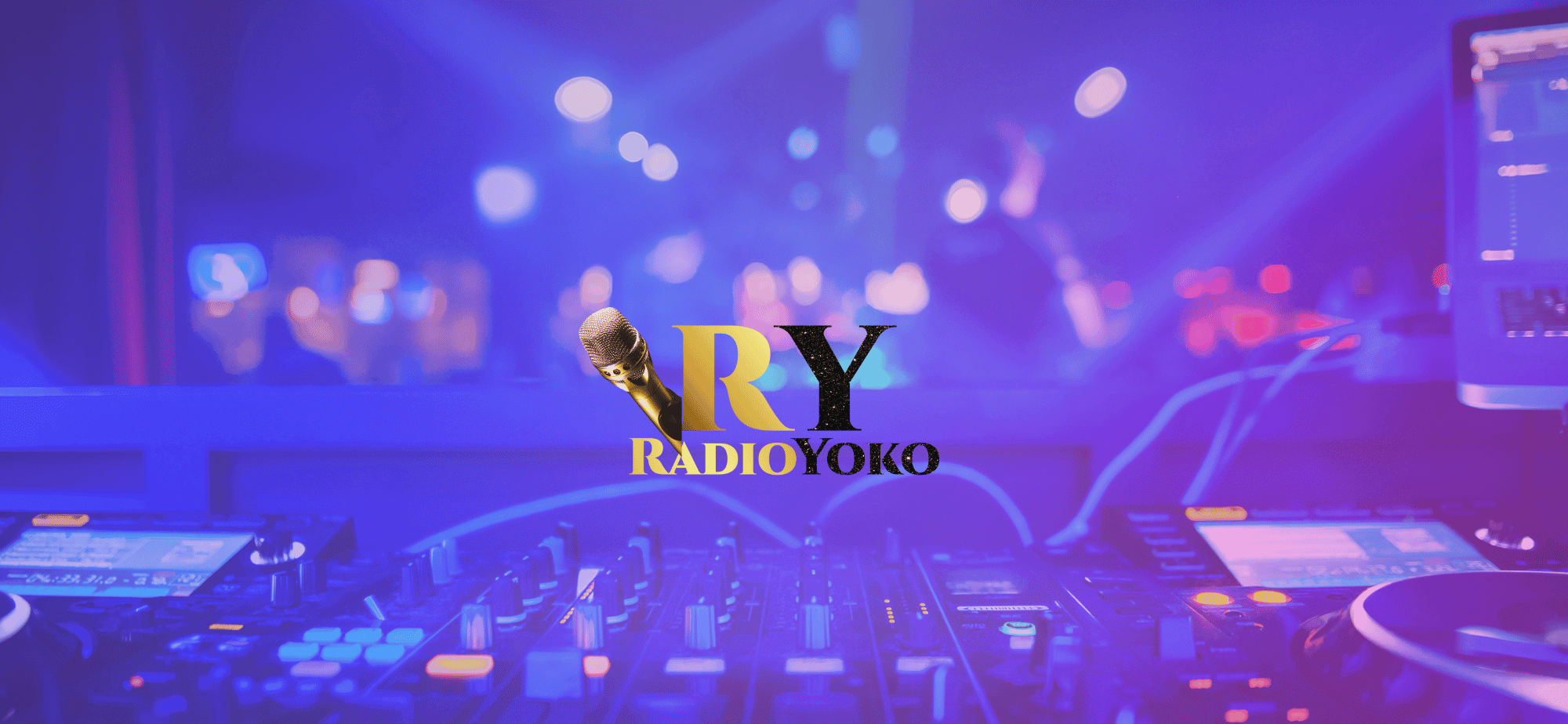The whole point of digital music is the risk-free grazing”
Cory Doctorow, Canadian journalist and co-editor and of the off-beat blog Boing Boing, is an activist in favor of liberalizing copyright laws and a proponent of the Creative Commons non-profit organization devoted to expanding the range of creative works available for others to build upon legally and to share. Doctorow and others continue to write prolifically about the apocalyptic changes facing Intellectual Property in general and the music industry in specific.
In this article, we will explore the cataclysm facing U.S. industry through the portal example of the music industry, a simple industry in comparison to those of automotive or energy. However, in the simplicity of this example we may uncover some lessons that apply to all industries.
In his web-article, “The Inevitable March of Recorded Music Towards Free,” Michael Arrington tells us that music CD sales continue to plummet alarmingly. “Artists like Prince and Nine Inch Nails are flouting their labels and either giving music away or telling their fans to steal it… Radiohead, which is no longer controlled by their label, Capitol Records, put their new digital album on sale on the Internet for whatever price people want to pay for it.” As many others have iterated in recent years, Arrington reminds us that unless effective legal, technical, or other artificial impediments to production can be created, “simple economic theory dictates that the price of music [must] fall to zero as more ‘competitors’ (in this case, listeners who copy) enter the market.”
Unless sovereign governments that subscribe to the Universal Copyright Convention take drastic measures, such as the proposed mandatory music tax to prop up the industry, there virtually exist no economic or legal barriers to keep the price of recorded music from falling toward zero. In response, artists and labels will probably return to focusing on other revenue streams that can, and will, be exploited. Specifically, these include live music, merchandise, and limited edition physical copies of their music.
According to author Stephen J. Dubner, “The smartest thing about the Rolling Stones under Jagger’s leadership is the band’s workmanlike, corporate approach to touring. The economics of pop music include two main revenue streams: record sales and touring profits. Record sales are a) unpredictable; and b) divided up among many parties. If you learn how to tour efficiently, meanwhile, the profits–including not only ticket sales but also corporate sponsorship, t-shirt sales, etc.,–can be staggering. You can essentially control how much you earn by adding more dates, whereas it’s hard to control how many records you sell.” (“Mick Jagger, Profit Maximizer,” Freakonomics Blog, 26 July 2007).
In order to get a handle on the problems brought about by digital media in the music industry, we turn to the data most relied upon by the industry. This data comes through Neilsen SoundScan which operates a system for collecting information and tracking sales. Most relevant to the topic of this column, SoundScan provides the official method for tracking sales of music and music video products throughout the United States and Canada. The company collects data on a weekly basis and makes it available every Wednesday to subscribers from all facets of the music industry. These include executives of record companies, publishing firms, music retailers, independent promoters, film entertainment producers and distributors, and artist management companies. Because SoundScan provides the sales data used by Billboard, the leading trade magazine, for the creation of its music charts, this role effectively makes SoundScan the official source of sales records in the music industry.
Quo vadis? According to Neilsen Soundscan, “In a fragmented media world where technology is reshaping consumer habits, music continues to be the soundtrack of our daily lives. According to Music 360 2014, Nielsen’s third annual in-depth study of the tastes, habits and preferences of U.S. music listeners, 93% of the country’s population listens to music, spending more than 25 hours each week tuning into their favorite tunes.”
For most Americans, music is the top form of entertainment. In a 2014 survey, 75% of respondents stated that they actively chose to listen to music over other media entertainment. Music is part of our lives throughout all times of the day. One fourth of music listening takes place while driving or riding in vehicles. Another 15% of our weekly music time takes place at work or while doing household chores.
It has become no surprise over the past five years that CD sales have diminished while download listening and sales have increased. Bob Runett of Poynter Online comments, “Start waving the cigarette lighters and swaying side to side–the love affair between music fans and their cell phones is getting more intense. Phones with music capabilities will account for 54 percent of handset sales globally in five years, according to a report consulting firm Strategy Analytics Inc. The report suggests that we keep watching the growth of cellular music decks (CMDs), devices that deliver excellent sound quality and focus on music more than images.” (“A Few Notes About Music and Convergence,” 25 November 2014)
Stephen J. Dubner summed up the mess quite well almost a decade ago. “It strikes me as ironic that a new technology (digital music) may have accidentally forced record labels to abandon the status quo (releasing albums) and return to the past (selling singles). I sometimes think that the biggest mistake the record industry ever made was abandoning the pop single in the first place. Customers were forced to buy albums to get the one or two songs they loved; how many albums can you say that you truly love, or love even 50% of the songs–10? 20? But now the people have spoken: they want one song at a time, digitally please, maybe even free.” (“What’s the Future of the Music Industry? A Freakonomics Quorum,” 20 September 2007).
Like many of us, I (Dr. Sase) also have worked as a musician/producer/engineer/indie label owner releasing esoterica since the 1960s. While occasionally made an adequate living off my music, I also developed my talents as an economist, earning a doctorate in that field. Therefore, I comment from this dual perspective of an economist/musician.
The post-future, as many music pundits call it, does not really differ that much from the past. How and why folks obtain their music continues to reflect at least three related decision drivers. We can summarize the three most relevant as 1) Content, 2) Durability, and 3) Time-Cost. Let us explain further.
1) Content
When I started to record music in the early 1960s, the market was filled with “one-hit wonders.” It was the age of AM (amplitude modulation), DJ radio. It was also the age of the 45 RPM record with the hit on the A Side and usually some filler cut on the B Side. It was not uncommon for anyone with a 2-track reel-to-reel to “download” the one hit desired from their favorite radio station. There were few groups that offered entire twelve-inch LPs with mostly great songs. The first such LP that I purchased was Meet the Beatles by those four lads from Liverpool.
During the late 1960s, the industry turned more to “Greatest Hit” collections by groups that had previously turned out a string of AM hits and to “concept” albums. During this golden age of LP sales, the Beatles, the Stones, the Grateful Dead, Yes, King Crimson, and numerous other groups released albums filled with solid content. Bottom line: consumers don’t mind paying for product if they feel that they are receiving value.
2) Durability
Why would someone buy a twelve-inch LP when they could borrow a copy and tape record the songs to a reel-to-reel or, later on, to a compact cassette? The answers at that time were simple. First, it was “cool” to have a great album collection, especially one that a member of the opposite gender could thumb through in one’s dorm room. Let us simply say that one’s album collection could inform another party about one’s tastes and possible sub-culture and personality. Therefore, an attractive collection provided a certain degree of social currency. Might this account for the resurgence of
vinyl in recent years?
The second part of the equation came in the form of actual product durability. Like current downloads, self-recorded reel-to-reel and cassette tapes generally suffered from some loss of fidelity in the transition. More importantly, the integrity and permanence of the media also left something to be desired. Thirty to forty years ago, tape would flake, break, and tangle around the capston. Unless one backed up their collection to a second-generation tape, many of one’s favorite tunes could be lost.
Today, computer hard drives crash. Without the expense of an additional hard drive and the time involved to make the transfer, the same durability issues ensue. What about CDs? As most of us who use CD-Rs for multiple purposes know, the technology that instantly burns an image leaves a product that remains more delicate and subject to damage in comparison to a commercially fabricated CD, stamped from a metal master. Will the Internet clouds provide the same level of comfort for music producers and listeners? We will just have to wait and see.
3) Time-Cost
This third element basically reflects the old “tape is running/time-is-money” economic argument and may explain why younger music-listeners prefer to download songs either legally or illegally. It echoes the same economics that led listeners in the 1960s to record their favorite hits off of the radio. The substance of the argument has to do with how an individual values his/her time. If music-lovers works for a low hourly wage (or often no income at all), they will value the time spent downloading, backing up, and transferring cuts in terms of what they could be earning during the same time.
Let us consider the following example. Assuming that twelve downloads or a comparable CD costs $12.00, a baby-sitter earning $6 per hour could afford to spend as much as two hours of time ripping music to achieve the same value. However, someone with a skilled trade or a college degree may be earning $24.00 or more per hour. Spending more than one half hour at ripping would exceed the value derived. The counter-argument of the time-cost of travelling to a brick-and-mortar music store gets offset by a person’s ability to log-on to Amazon or elsewhere in less than a minute and possibly receive free shipping. The market will always change as the primary market demographic ages. It happened with the Baby-Boomers of the 1960s and 1970s and it will happen with Generation X, Y and Z in the current century.
The bottom line of all of this debate rests in the fact that a consumer will choose the mode of deliverable that optimizes his/her bundle of values. This bundle includes quality and quantity of content, durability, and time-cost effectiveness. These remain the lessons that music makers and music deliverers must understand to survive. The more things change, the more they stay the same.
“When I’m drivin’ in my car, And that man comes on the radio, He’s tellin’ me more and more, About some useless information, Supposed to fire my imagination, I can’t get no, oh no, no, no.” -Michael Philip Jagger, British Economist, London School of Economics
In conclusion, we recognize that certain values motivate consumers as well as businesses. These values include content, durability, and time cost. It does not matter whether the good or service under consideration exists in the form of real, personal, or intellectual property. The premise remains the same for making music, building automobiles, teaching economics, and providing legal services.
The British economist Adam Smith summarized this phenomenon 229 years ago in his concept of an invisible hand at work in the marketplace. In effect, markets work because all market participants seek to optimize their own self interests. As long as both parties involved in a transaction perceive that they will emerge better off after consummating the transaction, they will participate. If one (or both parties) does not share this perception, no music, automobile, education, nor legal services will change hands. In effect, the market fails to produce a satisfactory outcome.



























